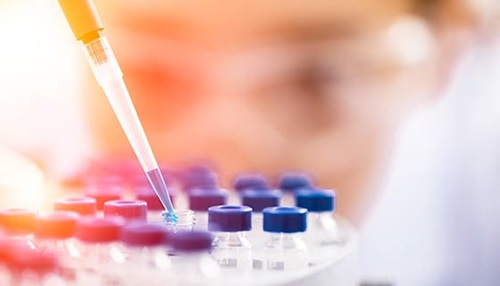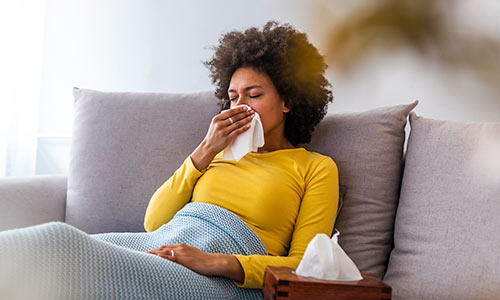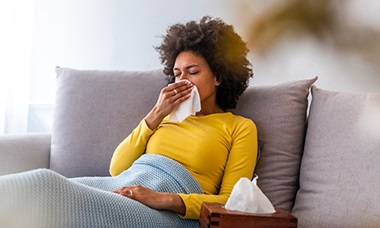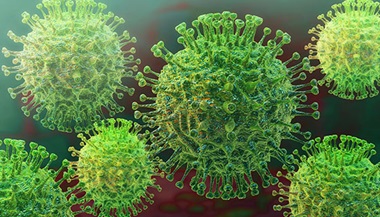For LGBTQ Patients, the Coronavirus Brings New Challenges
Featured Expert:
Jill Crank, M.S.N., M.P.H., is a nurse practitioner at Johns Hopkins Community Physicians and the John G. Bartlett Specialty Practice. Many of her patients are lesbian, gay, bisexual or transgender. “Even before this pandemic, their ability to access safe, affirming care was difficult,” she says.
Q: Are patients who are LGBTQ at greater risk for getting COVID-19 or dying from it?
LGBTQ patients are more likely than the general population to be smokers, which could compromise their lungs and make it more difficult to recover from a respiratory illness.
And there are some indications that chest binding, which gives the appearance of a flat chest and is often vital for the self-image of trans masculine people, could exacerbate breathing difficulties associated with COVID-19. We encourage people to avoid binding if they are experiencing symptoms of COVID-19.
My patients are also more likely than the general population to be living with HIV, but if they are receiving treatment and have undetectable viral loads with higher CD4 counts, indicating a robust immune system, they are generally not thought to be at increased risk for complications from COVID-19.
With all that said, it’s important to remember that this virus is new and much is not yet known.
Q: What about mental health?
Gender and sexual minority populations are already at increased risk for depression, anxiety and suicidal ideation. The isolation and loneliness of physical distancing can make it worse. If I’m talking to a patient and I discern their mental health is suffering, we work on how to find a virtual therapist and incorporate meditation, exercise, etc.
Q: What is your advice for patients?
Try not to isolate too much. Stay socially connected while keeping your distance.
You can still seek care during this time. The Johns Hopkins Center for Transgender Health’s Resources page provides information and emergency resources. If you have questions or need an appointment, contact your established providers. If you are a patient at Johns Hopkins, you can reach them through MyChart.
If you suspect you have COVID-19 and require emergency care, call 911. If it is not an emergency, contact your provider and describe your symptoms.






